English ivy (Hedera helix) is the ultimate low-maintenance trailing plant—until you repot it and the leaves go limp overnight. Drooping after repot is the #1 panic moment for ivy owners, but it’s rarely fatal. Shock, root damage, or water imbalance are usually to blame. This 1200-word SEO-optimized guide gives you a 5-minute diagnosis flowchart, 6 root causes, and step-by-step recovery plan to revive your English ivy fast. No guesswork—just results.

Why English Ivy Droops After Repotting (It’s Not Always Your Fault)
Repotting disrupts roots, triggers transplant shock, and changes moisture dynamics. English ivy has shallow, sensitive roots that hate disturbance. Drooping is the plant’s stress signal—think of it as a fainting spell, not a death sentence.
Stat: The Royal Horticultural Society reports 85% of post-repot drooping in English ivy resolves within 2 weeks with proper care.
5-Minute Diagnosis: Is Your English Ivy Dying or Just Stressed?
Grab a timer. Answer these 5 questions in order:
| # | Question | Yes → | No → |
|---|---|---|---|
| 1 | Did you repot less than 7 days ago? | Shock (go to Q2) | Other issue (pests/disease) |
| 2 | Is soil soggy or bone-dry? | Water issue (Q3) | Root damage (Q4) |
| 3 | Did you use fresh, well-draining soil? | Overwatering | Underwatering |
| 4 | Are roots white and firm when gently tugged? | Shock/recovery | Root rot |
| 5 | Any pests, webs, or sticky residue? | Infestation | Environmental stress |
Diagnosis in 300 seconds. Now let’s fix it.
Cause #1: Transplant Shock (Most Common)
Symptoms: Uniform drooping, no yellowing, soil moist but not wet. Why: Roots severed or stressed during repotting → can’t uptake water fast enough.
Fix (Recovery in 7–14 Days):
- Trim 20% of foliage (reduces water demand).
- Mist daily with distilled water.
- Place in bright, indirect light (no direct sun).
- Keep soil barely moist—water only when top 1" dry.
- Cover with plastic bag (mini greenhouse) for 3–5 days to raise humidity.
Cause #2: Overwatering & Poor Drainage
Symptoms: Soggy soil, yellow lower leaves, mushy stem base, foul smell. Why: New soil retains more water than old → roots suffocate.
Fix:
- Unpot immediately—rinse roots gently.
- Trim black, slimy roots with sterilized scissors.
- Repot in fresh mix: 50% potting soil, 30% perlite, 20% orchid bark.
- Use terracotta pot with drainage holes.
- Wait 10–14 days before watering again.
Cause #3: Underwatering After Repot
Symptoms: Dry, crispy soil; drooping with curled, brittle leaves. Why: New soil is hydrophobic (repels water) or you’re scared to water post-shock.
Fix:
- Bottom-water: Place pot in a saucer of lukewarm water for 20 minutes.
- Repeat daily for 3 days until soil retains moisture.
- Add 1 tsp dish soap to water (breaks surface tension).
Cause #4: Root Damage During Repot
Symptoms: Drooping only on one side; torn or crushed roots visible. Why: Rough handling or cramming into new pot.
Fix:
- Unpot and inspect—trim only damaged roots.
- Dust cuts with cinnamon (natural antifungal).
- Repot loosely—don’t pack soil tightly.
- Stake trailing stems to reduce weight stress.
Cause #5: Wrong Soil or Pot Size
Symptoms: Water pools on top or drains too fast; drooping persists. Why: Heavy soil = rot; oversized pot = uneven moisture.
Ideal Repot Setup
| Factor | Best Choice |
|---|---|
| Soil | Loose, well-draining (perlite + bark) |
| Pot Size | 1–2 inches wider than root ball |
| Material | Terracotta or fabric (breathable) |
Cause #6: Environmental Stress Post-Repot
Symptoms: Drooping worsens in direct sun, cold drafts, or dry air. Why: Repotting lowers resilience to light, temperature, or humidity swings.
Fix:
- Light: Bright, indirect (east window or 3 ft from south).
- Temperature: 60–75°F (never below 55°F).
- Humidity: 50%+ (pebble tray or humidifier).
- Airflow: Gentle fan to prevent fungal issues.
Recovery Timeline: What to Expect
| Day | Plant Status | Your Action |
|---|---|---|
| 1–3 | Severe drooping | Trim, mist, stabilize environment |
| 4–7 | Slight perk-up | Bottom-water if dry |
| 8–14 | New growth buds | Resume normal care |
| 15–30 | Full recovery | Fertilize lightly |
Prevention: Repot English Ivy Without the Droop
- Repot in spring (active growth = faster recovery).
- Water 24 hours before repotting (hydrated roots).
- Tease roots gently—don’t rip.
- Match old soil level—don’t bury stem.
- Skip fertilizer for 6 weeks post-repot.
Pro Hack: Add 1 tbsp activated charcoal to new soil—absorbs toxins.
When to Start Over (Rare)
If >70% of leaves yellow, stem is mushy, and no new growth after 3 weeks:
- Propagate healthy cuttings in water (3–4 inch stem with 2 nodes).
- Root in 2–3 weeks—faster than saving a dying plant.
Conclusion: From Droop to Drape in 14 Days
English ivy drooping after repot is normal shock, not a death sentence. Use the 5-minute diagnosis to pinpoint:
- Shock → Trim + humidity dome
- Overwatering → Repot + dry out
- Underwatering → Bottom-water
- Root damage → Gentle handling
- Soil/pot → Upgrade drainage
- Environment → Stabilize light/humidity
Act within 48 hours, and your English ivy will trail beautifully again. Save this guide, snap progress pics, and never fear repotting again.


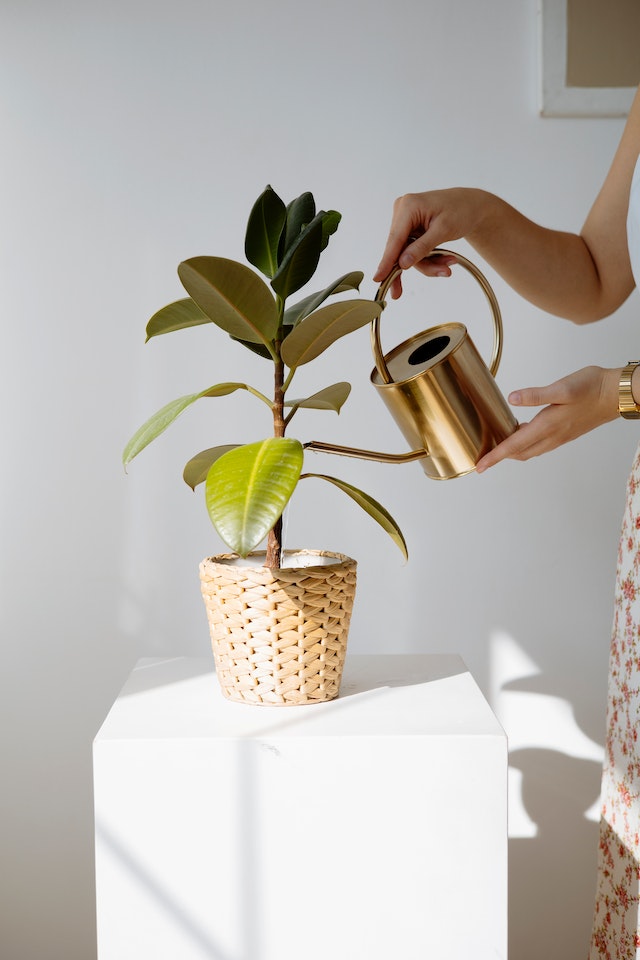


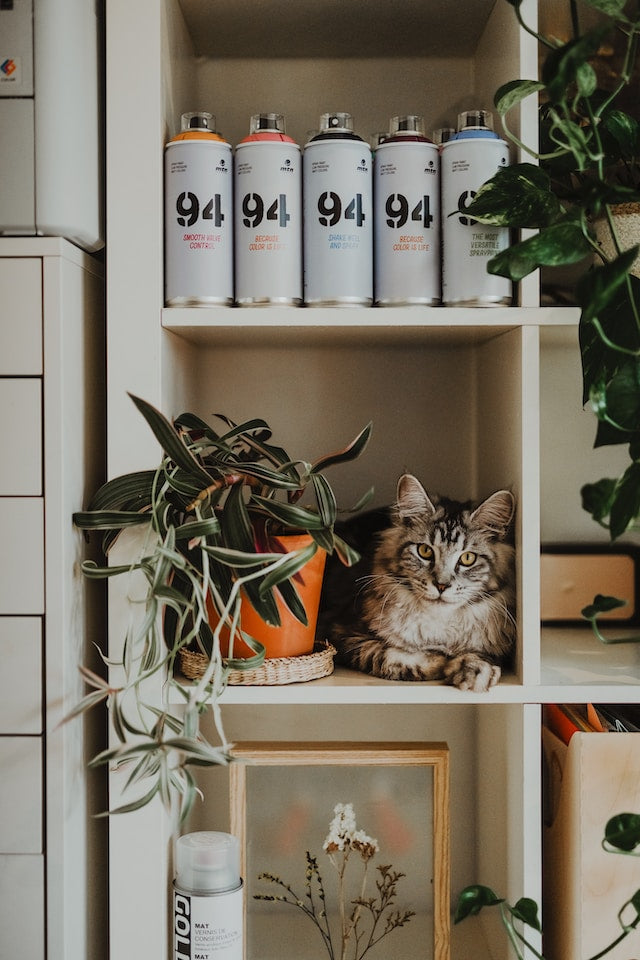
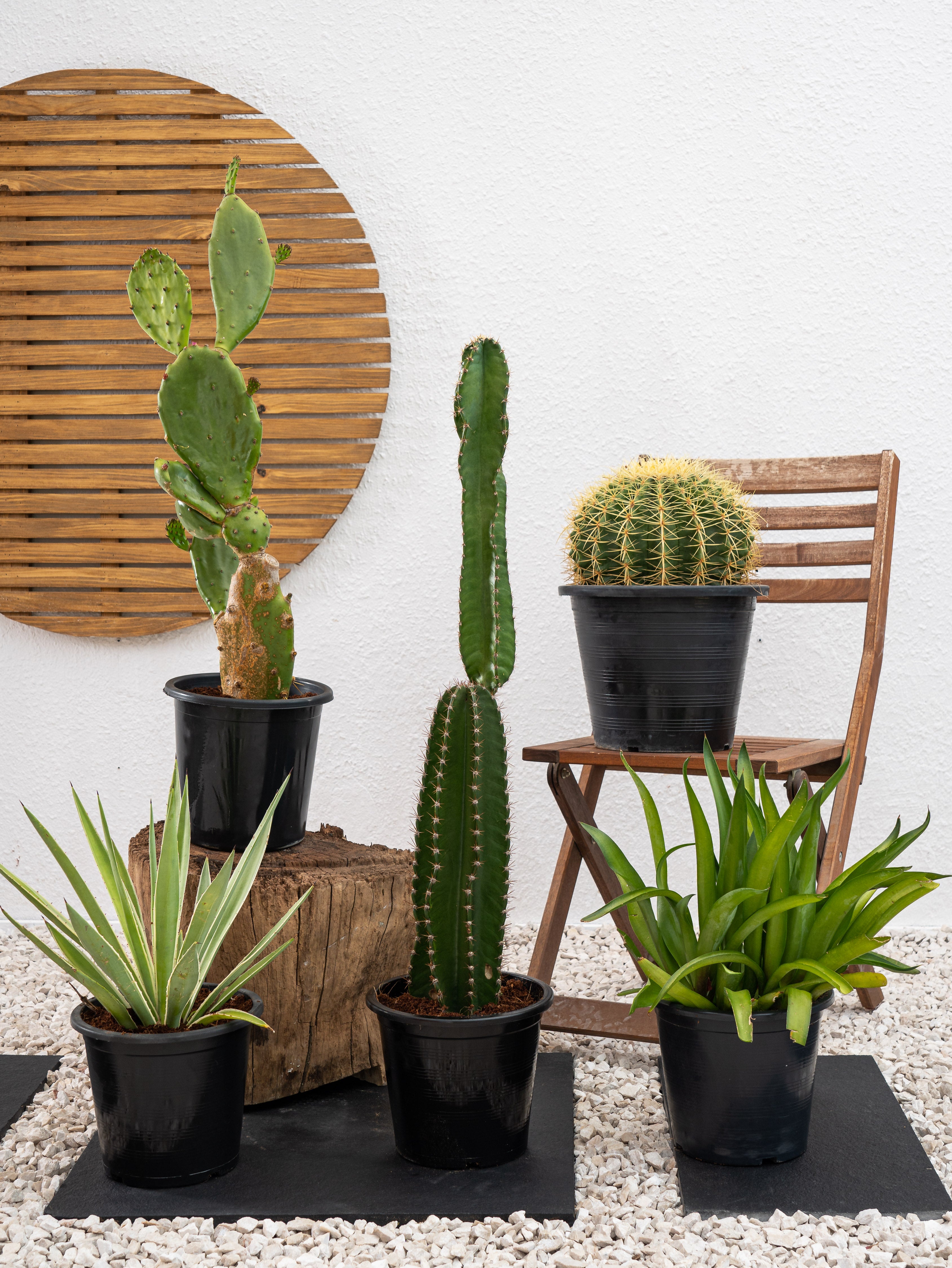
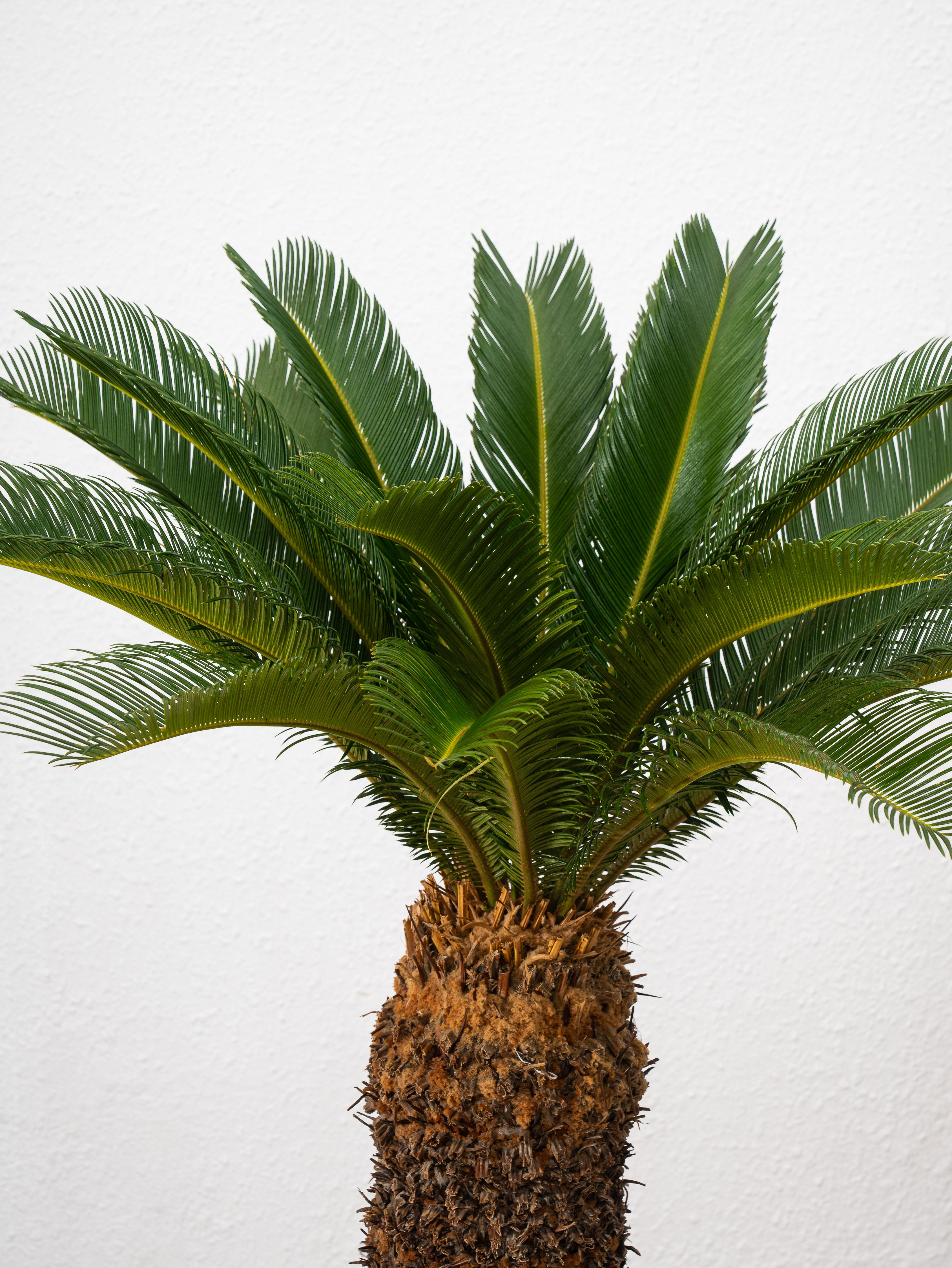
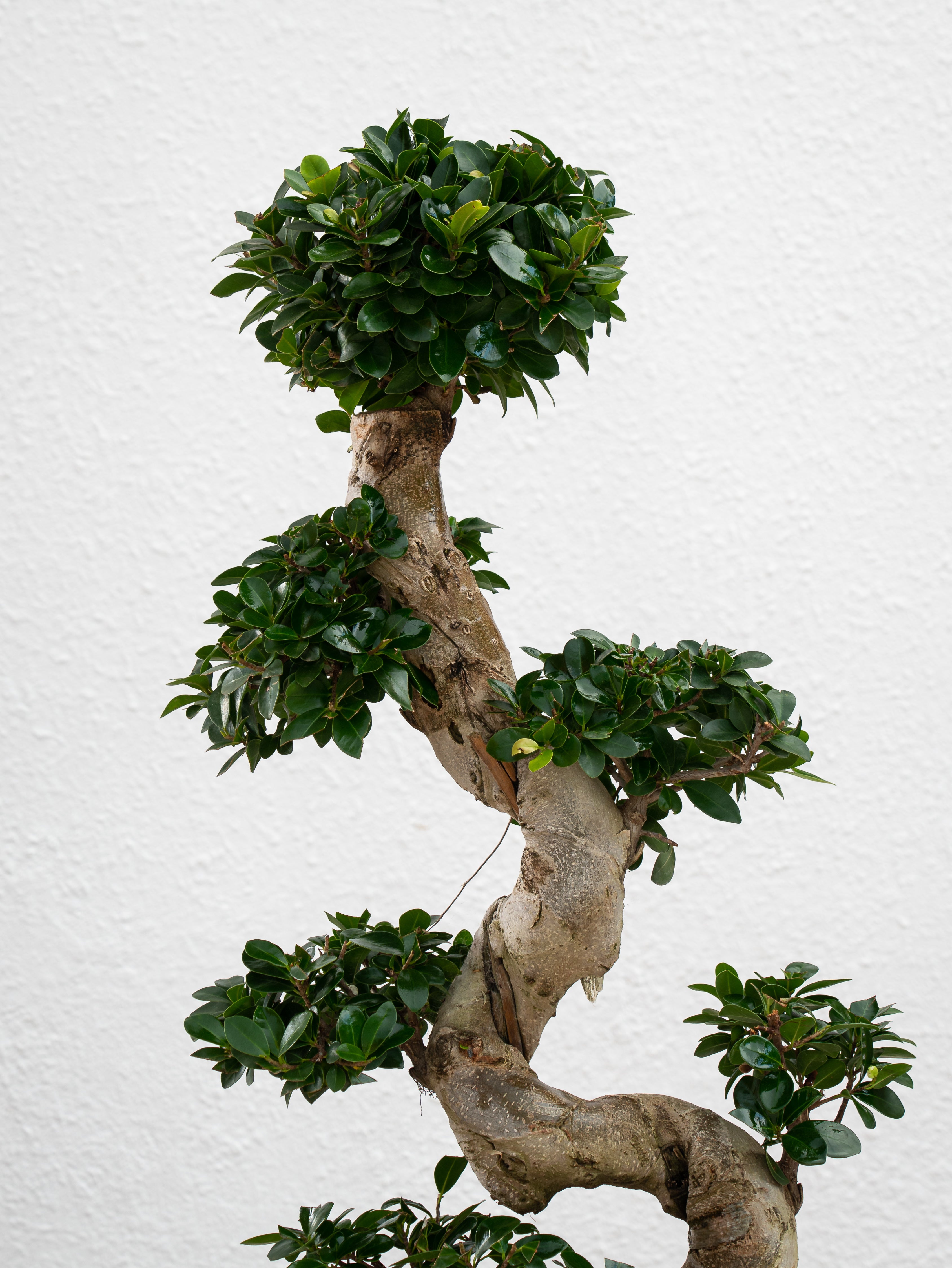
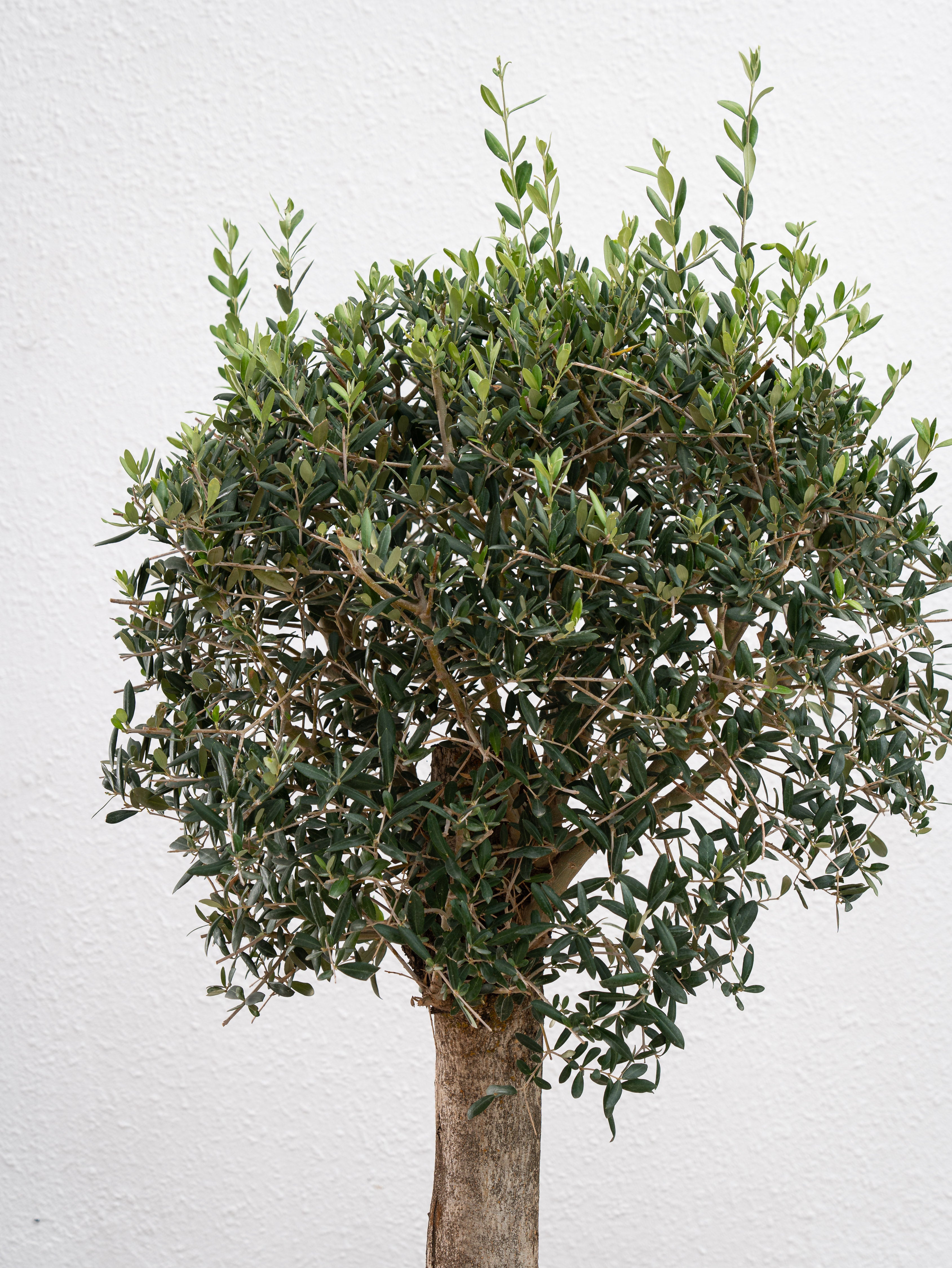


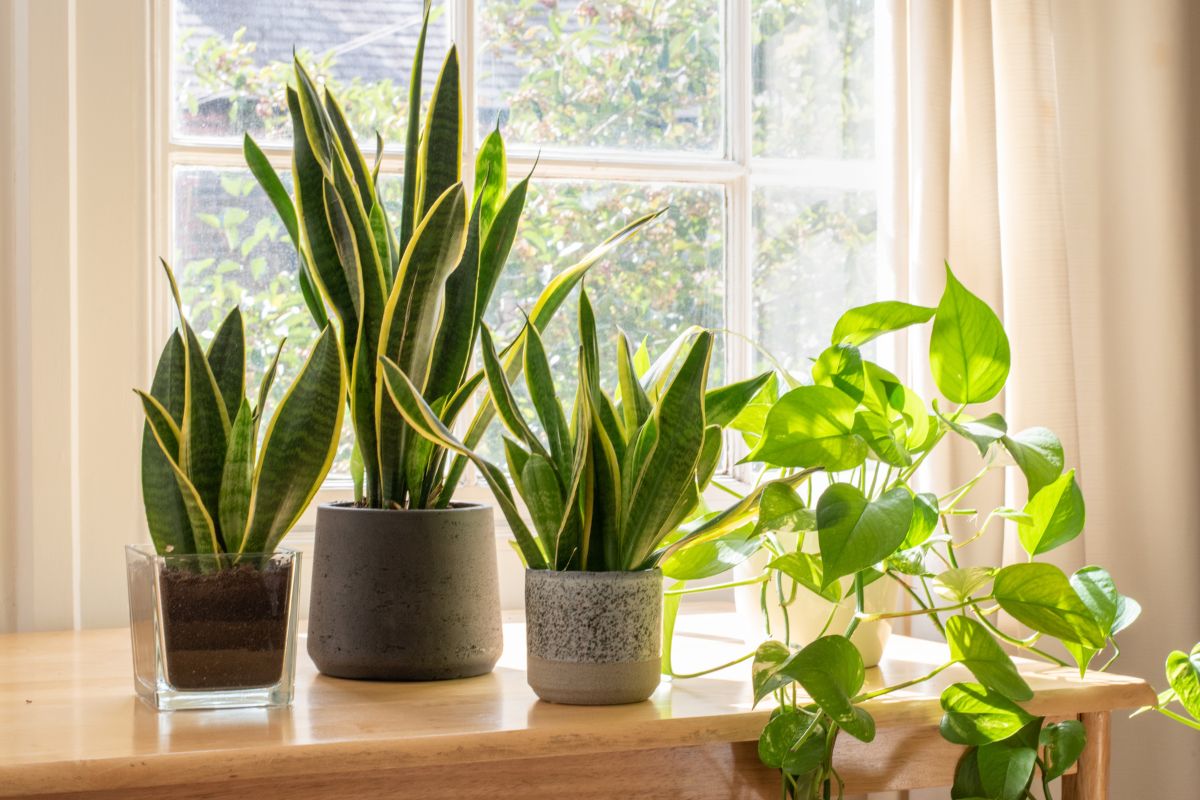
Leave a comment
This site is protected by hCaptcha and the hCaptcha Privacy Policy and Terms of Service apply.